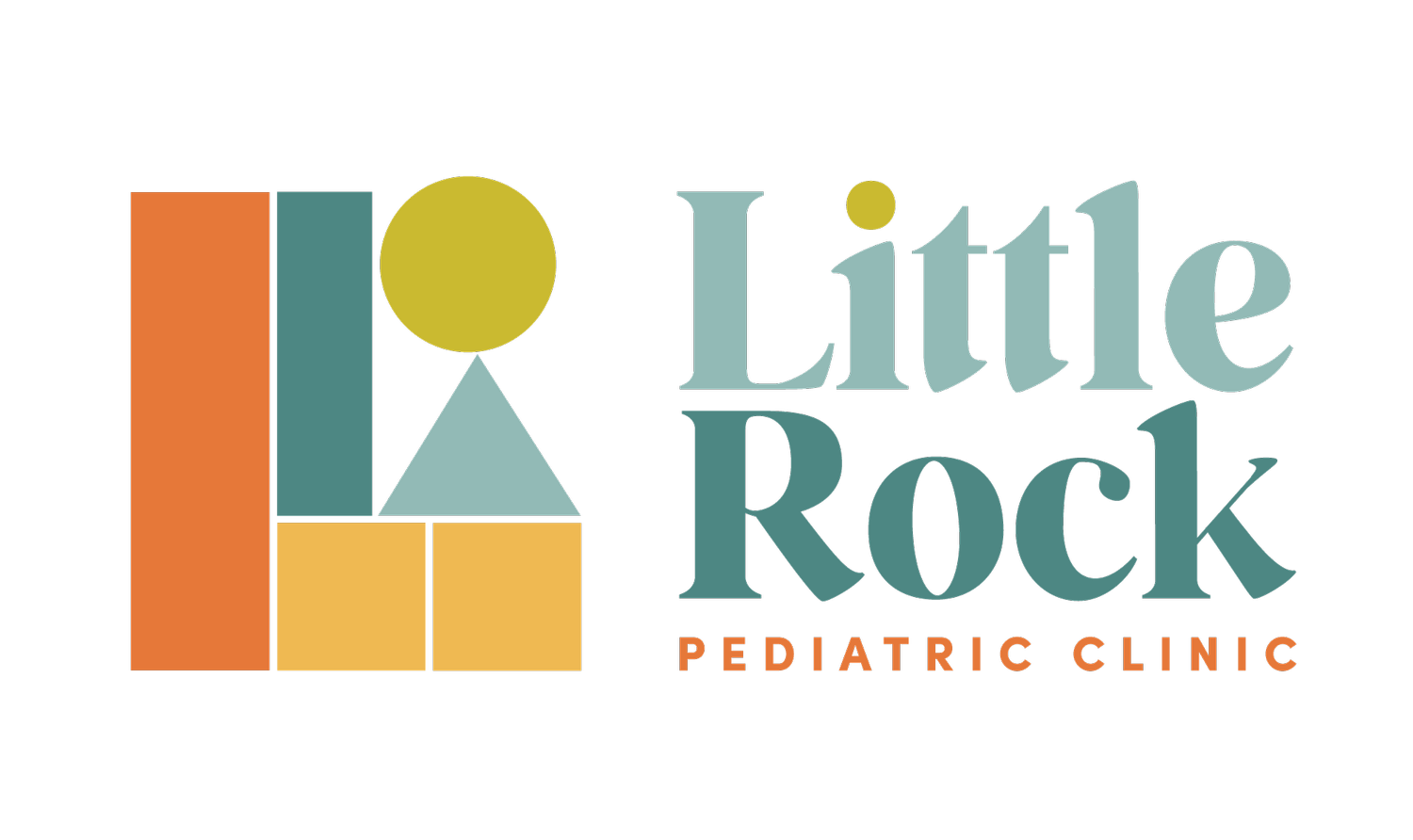How to Avoid the Itch & Scratch of Summer Bugs
By Dr. Catherine Robben
The best way to protect your children from insect bites (mosquitos, ticks, gnats, chiggers) is insect repellant, many of which are safe to use on children 2 months and older. For infants younger than 2 months, mosquito netting is recommended. Sometimes you get lucky and one comes with your stroller! Fortunately, there are more options past that age.
What are the different types of repellants?
The main categories of bug spray are ones with DEET, picaridin, or natural products. DEET and picaridin are safe to use over 2 months of age. Natural products containing oil of lemon are recommended only for kids 3 years and older. Bug sprays containing DEET and picaridin last longer than natural ones, and they usually only need to be applied once to work for many hours. In the past, there has been concern for toxicity from DEET, but more recent studies show it to be safe. If you are worried about DEET, picaridin is a great alternative. It is a man-made chemical similar to a natural chemical in some plants.
When should I use an insect repellant?
Most bug sprays are fine for outside play when the sun goes down and the bugs come out. If you are going to be in an area with a lot of insects, especially ticks, choose an option with a higher percentage of DEET, but no higher than 30%. Camping and hiking in the woods pose a significant risk of exposure to not only ticks, but mosquitos, chiggers, and those pesky gnats as well. In addition to bug spray, another way to protect your child from insect bites in this situation is to wear long sleeves and long pants made from light material. Tuck shirts in and tuck pants into socks. A funny summer look, but it is effective. And yes, it is okay to use sunscreen and bug spray at the same time. Apply sunscreen first as directed, and then the bug spray. Combination products are not recommended.
What are some favorite brands?
My favorite brands are listed here:
DEET-based: Off Family Care Smooth and Dry (15%), Deep Woods Off (25%).
Picaridin-based: Off Family Care Picaridin Spray, Sawyer Picaridin Spray, Ranger Ready.
Natural sprays: I’ve never found one that works. Again, if you have one that you love and works, use it!
Despite the brand or type you choose, I recommend washing or wiping off the bug spray before bed. If you have been in an area where ticks are common – do a “tick check.” Check all crevices and cracks (groin, armpits) and make sure none are hiding on your child!
How do I best treat bug bites?
Wash bites with regular soap and water. Try to encourage your child to avoid scratching the bite. It is okay to use antihistamines like Zyrtec, Claritin, and Benadryl if old enough to help with the itch. Over the counter 1% hydrocortisone cream can also be applied. If there is broken skin, wash the area daily with soap and water, and apply an antibiotic ointment to prevent infection. Insect bites from mosquitos and gnats can often look large and inflamed, but they rarely cause dangerous allergic reactions. The main risk is bacterial infection from scratching. If you are concerned that a bite is infected, call us at 501-664-4044!
What about ticks?
Ticks are another story. There is too much to say about tick bites to fit into this article. If you are worried your child has a tick that was not completely removed from the skin or have a tick bite showing any redness, swelling, or rash around the bite, call us at 501-664-4044 for an appointment. Further, if your child develops any new signs of illness after a tick bite, they need to be seen in our office.
